Although H512.com’s job board has seen a steady demand for AI specialists in all major cities in the country, the success of ChatGPT and generative AI in general is making many IT talent think about how secure their jobs are. But this is nothing new, because ever since the industrial revolution, people have feared that technology would steal their jobs, and while machines have indeed replaced some roles, many others have emerged as a result of technological progress.
Data from AI Cluster Bulgaria ‘s latest report confirms this: the number of people employed in artificial intelligence is steadily growing, with a peak of 25% in 2020. In 2021, the number of employed AI experts was over 300 and nearly 40% of them were engaged in research and development, or an increase of 11% compared to the previous year – an unequivocal sign of the growing importance of this subsector in the country as well. But the AI revolution continues to raise more questions than it provides answers, so we turned to the experts to bring clarity to this labor uncertainty.
A career in AI? Pros and cons
Artificial intelligence is not the IT industry’s trademark, as an online survey by the Bulgarian Industrial Association of 150 companies from various sectors shows. Over a quarter of them use AI in their business processes, and 27.5% plan to invest in AI in the next three years. The applicability of technology across many industry sectors is the reason IT talent is specialising in AI.
According to Hristo Tomov, co-founder and head of the AI strand at Dreamix, this guarantees a huge demand for staff in this area, but there are exceptions: “Areas that require more highly skilled intellectual labour will be more affected than areas that are more artisanal in nature, and you’re much more likely to rely on AI for medical or legal advice in the near future than for water main replacement.”
The AI Cluster Bulgaria report also reveals that the main customers of Bulgarian AI providers are, of course, the IT sector (40%), banking and finance companies (27%), manufacturing, healthcare, transport and logistics, business process and customer service.
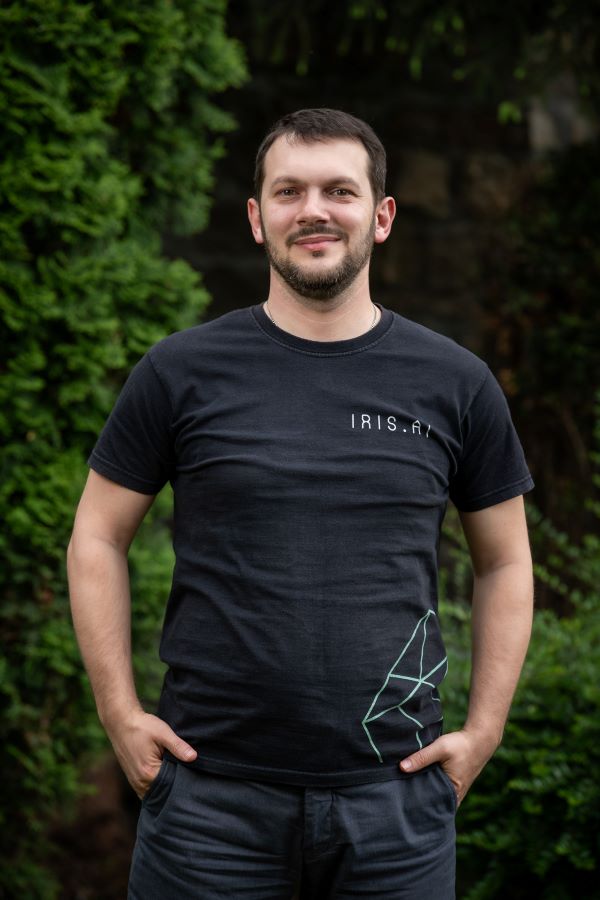
Victor Botev, CTO of Iris.ai, adds, “At this point in time, AI has its biggest applications in tech support, computer programming, copywriting, digital marketing and advertising. Victor Botev points to the variety of projects and the constant acquisition of new skills, which opens up a wide career horizon, as other pros of developing in this field, but adds that AI is not for everyone. In addition, AI research often involves programming with undefined and unclear results, which leads to demotivation, and the problems are sometimes so deep and specific that they require a long time to solve, and this causes stress. There is no short path to an AI career because the knowledge barrier is very high, and technology becomes obsolete quickly.”
New applications of AI are solving more and more new problems, which is also a motivator for development in the field according to Ivan Angelinin, CTO of Cosmos Thrace: “AI will solve interesting problems with advanced and rapidly changing technologies. This creates a very dynamic and interesting environment in which a specialist can not only grow professionally, but also have a broad horizon of topics and tasks that suit his interests. Artificial intelligence will have applications in many places, but I think it will demonstrate its full potential when it is introduced in places that require continuous work under pressure.”
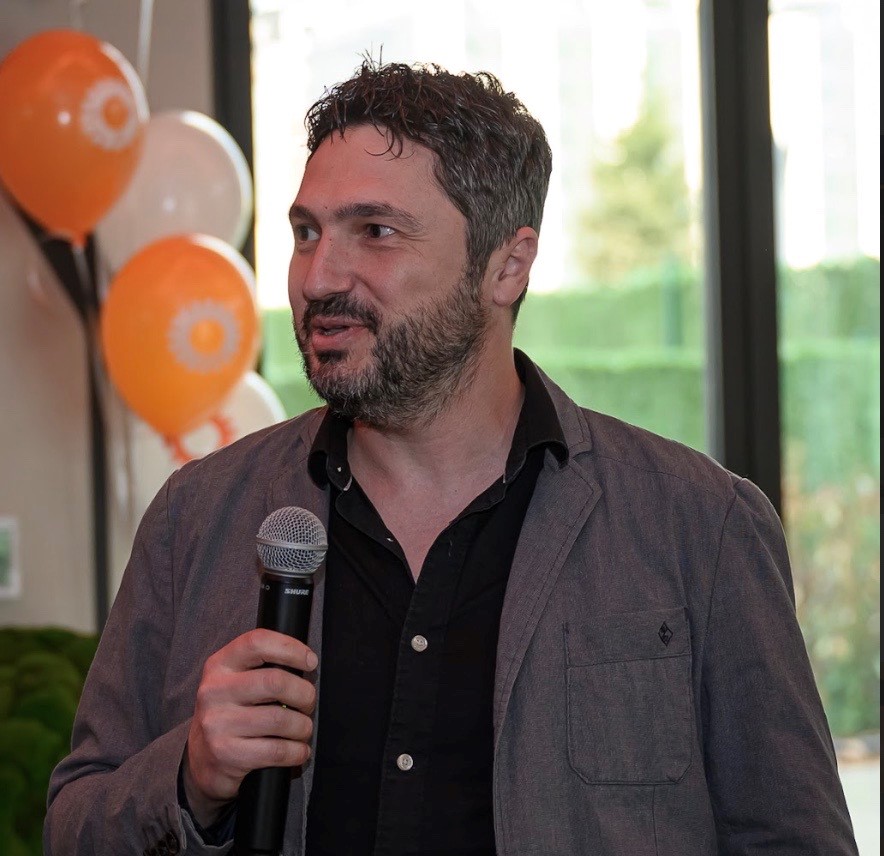
CEO, LivePerson
However, before those wishing to go down the AI path, they need to answer the question “Why?” according to LivePerson CEO Alexander Raichev: “It’s the question of the questions that drives us forward as humanity and society – why are we doing it, what will it solve, who will use it, how will it be perceived. The speed at which AI is evolving is both attractive and intimidating for professionals, and the constant race to innovate in a trillion-dollar market can be quite overwhelming given the speed at which one must upgrade one’s skills. Also, implementing innovative solutions and working with the latest technologies create different career development opportunities, as AI is applicable in all industries.”
A degree helps, but is not essential
The country’s AI ecosystem is growing steadily, and one of the freshest examples of this is TU-Sofia’s bachelor’s program in Intelligent Systems and Artificial Intelligence, which started in 2022. Its main goal is to prepare broad-based cadres to develop new ideas in the field so they can then specialize in a subfield such as machine learning, cognitive computing, natural language processing, neural networks or semantic robotics. Whatever they choose, however, they will need a wide range of knowledge and skills.
These include a solid knowledge of mathematics (statistics and probability, linear algebra, differential and integral calculus), algorithms, working with large datasets, and a strong background in programming (Java, Python). Among soft skills, experts point to a well-developed ability for critical thinking, problem solving, a desire for continuous learning, logic and spatial thinking. “Strong social and communication skills are also needed as the work is not done in isolation. AI and ML engineers work alongside software engineers, product managers, designers and others and need to be able to explain their ideas and collaborate,” adds Alexander Raichev.
This vast arsenal of knowledge and skills may seem achievable only in an academic environment, but according to Hristo Tomov, a degree is not necessarily a prerequisite for success. Ivan Angelinin is of the same opinion: an academic background in AI helps, but is not indispensable, so AI career doors are open to all those who have the desire and energy to develop quickly. But exactly what kind of professionals are IT companies looking for in this country?
Data Scientists, AI Architects, ML Engineers and many other roles
A large number of specialist AI companies are being born or setting up in the country between 2016 and 2021, and the expanding applications of AI and the development of the native ecosystem inevitably leads to a greater demand for a variety of specialists. Iris.ai, for example, is primarily looking for machine learning and AI research engineers with “logical and abstract thinking, patience and huge doses of curiosity.” Dreamix’s Hristo Tomov specifies that since AI is changing extremely fast, accumulated previous experience is not a necessary quality, but the ability to learn quickly and constantly, as well as having a solid IT foundation. At Cosmos Thrace, the focus falls on NLP, Computer Vision and related professionals who are interested in business problems and how they can be supported with modern technologies in addition to understanding the AI field, while LivePerson welcomes ML, AI and Prompt engineers combined with front-end, back-end, full-stack, Python specialists, people who deal with databases, neural networks and network engineers, DevOps and SecOps.
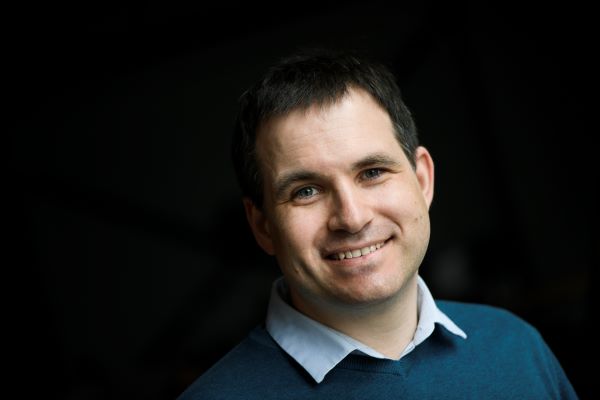
All these career opportunities seem to disprove the fear that AI will become the Pacman of IT jobs. According to Hristo Tomov, this is unlikely to happen anytime soon: “For this to happen, it will take a few more quality leaps like what we have seen with big language models. However, AI will certainly change the nature of the profession a lot in a way analogous to the change with the advent of high-level programming languages in the 1950s – a lot of knowledge will become redundant for the mainstream programmer, many tasks will be automated, programming as an activity will change, and the focus will shift from technical implementation to understanding and communicating business requirements and software architecture.”

Ivan Angelinin is also optimistic and believes that developers will have enough work in the future: “But there will undoubtedly be changes in the field and they will most likely be related to temporary disruptions. Any major transformation like the one we are witnessing now requires the acquisition of new skills and technological knowledge, processes and behaviours. I am confident that we will adapt to working heavily assisted by artificial intelligence.”
However, according to Viktor Botev, AI will eat the bread of some programmers, “This is because AI will be better at programming than many of them, especially junior and mid programmers. Artificial intelligence has more context, sees the big picture better, better understands client requirements, which are often expressed in colloquial language rather than described technically. They are only understood during a conversation between people. In other words, AI will become a superior code interpreter.”
Alexander Raychev says, “For now, AI is eating CPU and server time, and is experiencing a particularly ravenous hunger for disk space for its analytics and the data it is refining on. It’s a living machine that needs a lot of resources, and programmers and specialists in this industry are feeding it with them so that its hunger can become more and more precise. The disappearance of different professions will happen in unison with the emergence of new roles that will be AI-related, which, in turn, will lead to higher requirements and specific knowledge.”
Humans have always feared that machines would take over their tasks and their jobs would disappear, but history often disproves this. For example, the world’s first ATM was installed back in 1967, but there are still bank tellers today – it didn’t “eliminate” their functions, it just changed them. So don’t be afraid that AI will eat your bread, but choose a job that is close to your heart and learn at the speed of AI so you know how to quickly change your career course if future developments in technology necessitate it.

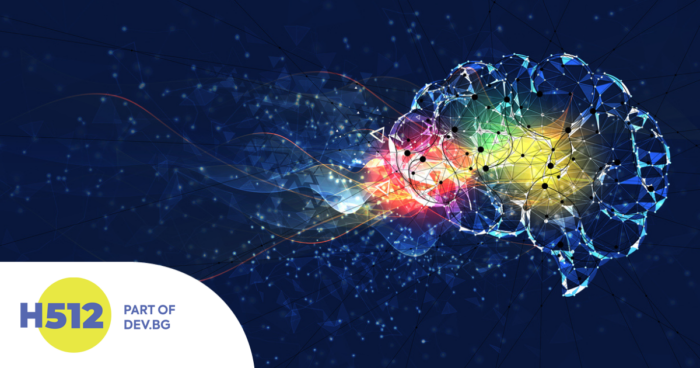
 Publish date: 8 August, 2023
Publish date: 8 August, 2023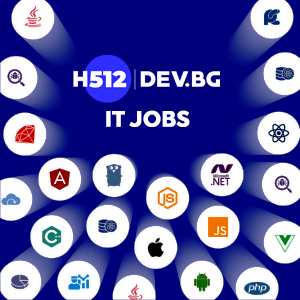


 Hybrid
Hybrid